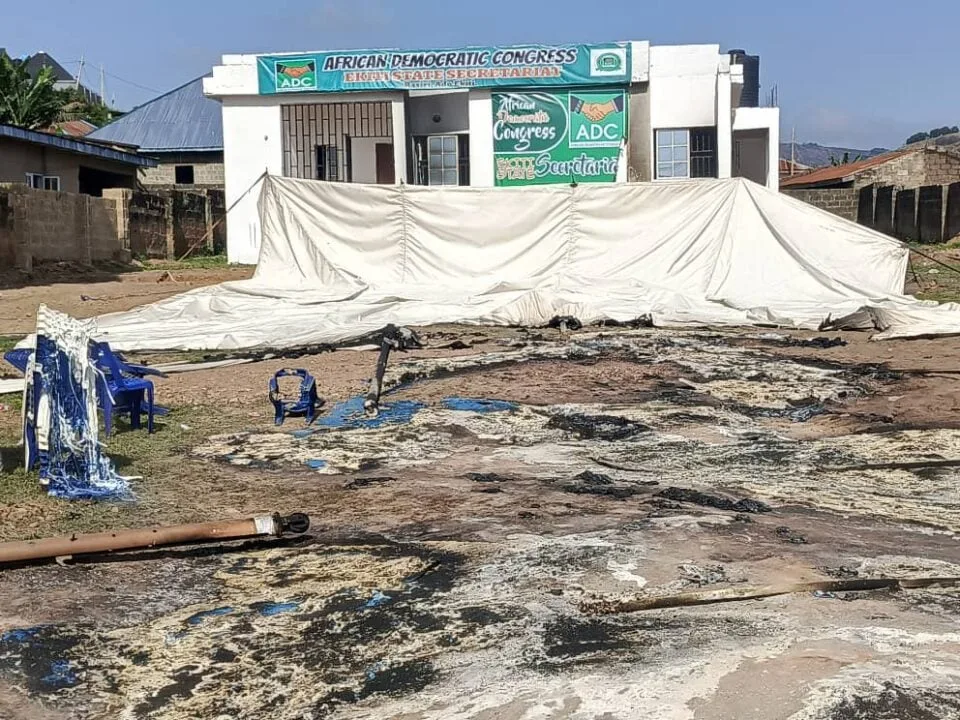The ongoing war in Europe has become one of the most significant and distressing crises of the 21st century, with far-reaching consequences that extend beyond the borders of the continent. The conflict has not only resulted in immense human suffering but has also triggered a cascade of economic, political, and social disruptions across the globe. This article explores the multifaceted impact of the war, highlighting the challenges it presents to global stability, economies, and the international community’s efforts to restore peace..
Humanitarian Catastrophe
At the heart of the crisis lies the devastating humanitarian toll on the civilian population. The war has displaced millions of people, creating one of the largest refugee crises in recent history. Families have been torn apart, and entire communities have been uprooted, seeking refuge in neighboring countries or enduring perilous journeys to more distant lands. The influx of refugees has placed an enormous strain on host countries, leading to overcrowded camps, limited resources, and escalating tensions between locals and newcomers.
The war has also exacerbated food insecurity, particularly in regions heavily dependent on agricultural imports from Europe. With key farmlands destroyed and supply chains disrupted, millions face the threat of famine, further deepening the global humanitarian crisis.

Humanitarian Catastrophe
The war has displaced millions of people, creating one of the largest refugee crises in recent history..

Energy markets have been particularly hard-hit, with the war causing a dramatic spike in oil and gas prices. Many countries, especially those in Europe, have faced energy shortages as a result of damaged infrastructure and the interruption of supply routes. The energy crisis has forced governments to implement rationing measures, further straining economies and prompting widespread protests..
World Crisis Due to the War in Europe: Unraveling the Global Impact
Economic Disruptions
The war has sent shockwaves through the global economy, leading to significant disruptions in trade, energy markets, and financial stability. Europe, a major economic hub, has seen its industries crippled by the conflict, with key sectors such as manufacturing, technology, and agriculture bearing the brunt of the damage. The disruption of supply chains has led to shortages of essential goods, driving up prices and fueling inflation in many parts of the world.
Energy markets have been particularly hard-hit, with the war causing a dramatic spike in oil and gas prices.

Many countries, especially those in Europe, have faced energy shortages as a result of damaged infrastructure and the interruption of supply routes. The energy crisis has forced governments to implement rationing measures, further straining economies and prompting widespread protests..
The ripple effects of the war have also extended to global financial markets, with stock markets experiencing unprecedented volatility. Investors have become increasingly cautious, leading to a decline in foreign direct investment and slowing economic growth in both developed and developing nations
Political Instability
The war has triggered a wave of political instability, both within Europe and across the globe. In Europe, the conflict has reignited nationalist sentiments and strained relations between neighboring countries, as old alliances are tested and new rivalries emerge. The European Union, once a beacon of unity, now faces internal divisions as member states grapple with differing responses to the crisis.
Beyond Europe, the war has heightened geopolitical tensions, particularly between major powers. Countries with vested interests in the region have been drawn into the conflict, either directly or through proxy wars, further complicating efforts to achieve a peaceful resolution. The international community has struggled to present a unified front, with diplomatic efforts often hampered by conflicting interests and rivalries among key players.
Social and Cultural Impact
The war has also had a profound impact on the social and cultural fabric of affected regions. In Europe, the conflict has exacerbated existing societal divisions, fueling xenophobia, nationalism, and anti-immigrant sentiments. The influx of refugees has led to cultural clashes and increased polarization, with far-reaching consequences for social cohesion and integration.
Moreover, the war has had a chilling effect on cultural exchange and collaboration. The destruction of cultural heritage sites, along with restrictions on travel and communication, has stifled artistic and intellectual exchange, creating a cultural void in regions once known for their vibrant contributions to global culture.
The Path Forward
As the world grapples with the ongoing crisis, the path to resolution remains fraught with challenges. Diplomatic efforts must be intensified to bring about a ceasefire and negotiate a lasting peace settlement. The international community must also prioritize humanitarian aid, ensuring that those affected by the war receive the support they need to rebuild their lives.
Economic recovery will require coordinated global efforts to stabilize markets, restore supply chains, and rebuild infrastructure. Countries must also invest in renewable energy sources to reduce dependence on fossil fuels and mitigate the impact of future conflicts on global energy security.
Finally, fostering social cohesion and cultural understanding will be crucial in healing the wounds inflicted by the war. Governments, civil society organizations, and individuals must work together to promote tolerance, inclusion, and dialogue, laying the foundation for a more peaceful and resilient global community.
In conclusion, the war in Europe has unleashed a world crisis of unprecedented proportions, with far-reaching consequences for humanity. The international community must act with urgency and resolve to address the challenges posed by this conflict, working toward a future where peace, stability, and prosperity are within reach for all..
…the war in Europe has unleashed a world crisis of unprecedented proportions, with far-reaching consequences for humanity. The international community must act with urgency and resolve to address the challenges posed by this conflict, working toward a future where peace, stability, and prosperity are within reach for all.





